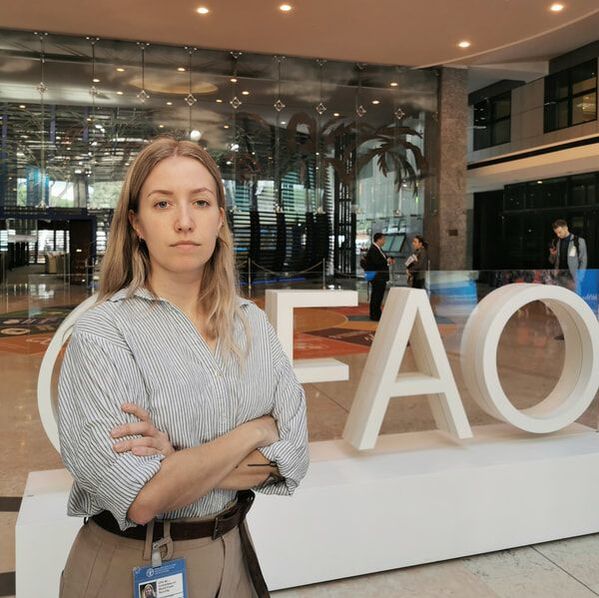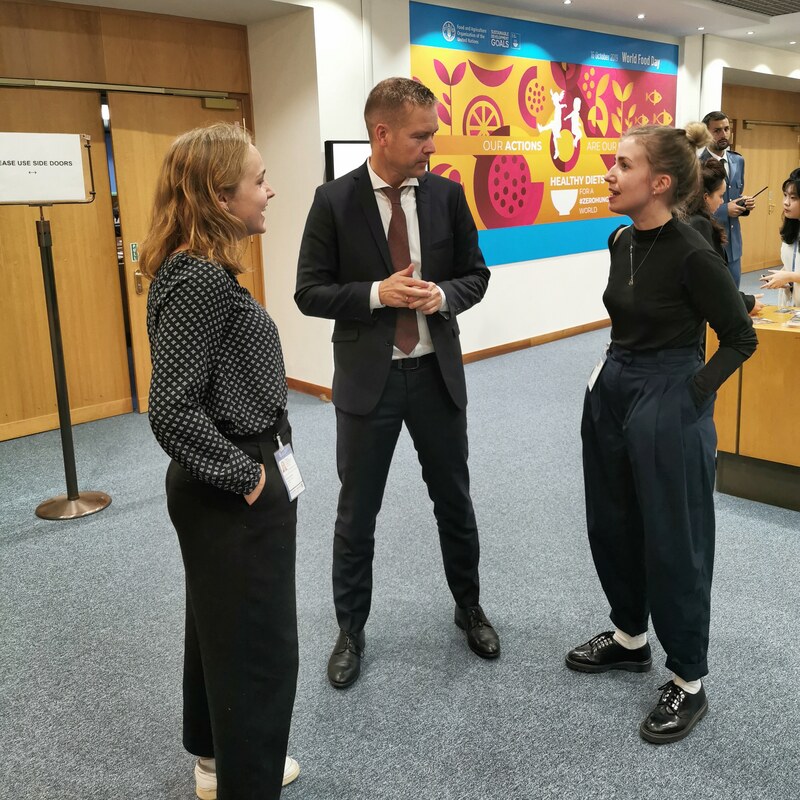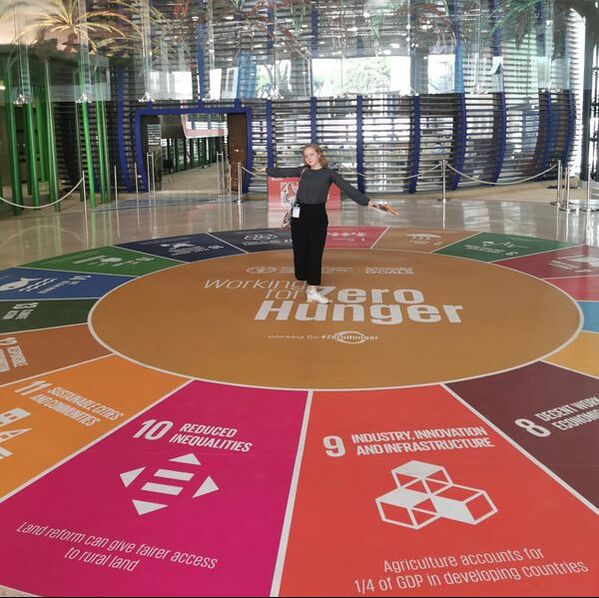Spire’s Participation in International Summits and Conferences
A central part of Spire’s international work is to follow the UN summits. In 2022 we are following the UN Climate Conference (COP27) and the UN Biodiversity Conference (COP16). All countries of the world participate in these meetings. Additionally, representatives from civil society are needed to ensure good and anchored solutions.
During the UN Climate Conference, Spire brings two observers in addition to the Norwegian youth delegate. During this convention, we particularly focus on issues such as loss and damage, koronivia joint work, youth participation, and gender. Our core requirements are to increase levels of ambition, secure funding, and ensure the inclusion of youths/women/marginalized groups.
At the UN Biodiversity Conferences, Spire has attended as observers. Norway has not achieved a single one of the Aichi targets, which were created to stop the destruction of nature and wildlife. Subject to postponements, the UN Biodiversity Conference will be held in October 2021, where there will be negotiations concerning a new international post-2020 Global Biodiversity Framework. The need for a new and more ambitious biodiversity framework is precarious. Spire collaborates with ForUM to promote participation from civil society and ambitious targets in the future framework. A particularly important issue we are working on is the need for 30% conservation of nature, without it being at the expense of indigenous people’s rights. The Norwegian delegation stated in spring 2021 that this is something they will work on during the negotiations.
The Food Summit is not as well-established as the other summits, but it is still very important. Spire represents the Norwegian civil society delegate during the summit and follows the process closely. We have had several meetings with the Norwegian authorities, where we have emphasized that Norway must work internationally towards binding and tangible solutions, with the environment and global food security at the center. In addition, Norway shall comply with such an approach at home. Furthermore, Spire has also participated in a number of international dialogue meetings, we have discussed global solutions with international actors, and we are involved in the international platform called Global Donor Platform - a working group of rural development.
All international summits have overlapping areas of interest. Measures such as increasing levels of soil carbon storage is a perfect example of a measure that can be included in several of the focus areas. Furthermore, we can see clear connections between the different international summits and conferences. For example, Action track 3 under FSS goes straight into both environment and climate negotiations. Finally, the inclusion of young people and women, as well as fair distribution of benefits and burdens, are considerations of importance during all international summits and conferences.
By finding common solutions and initiatives during the different international conferences, we can form a much broader front and create positive synergy effects that contribute to strengthening all objectives. On the other hand, if we do end up with goals and objectives competing against each other, the work done in one field of interest can in the worst case weaken the work done in another field of interest.
There is also a clear need for Norway to work on these issues in a comprehensive and coherent manner. The government’s Action Plan for sustainable food systems is an example that clearly shows how food, climate, and environment are inextricably interlinked. This also points to the need for national and international action, which must be reflected in Norway’s work on the international summits and conferences.





